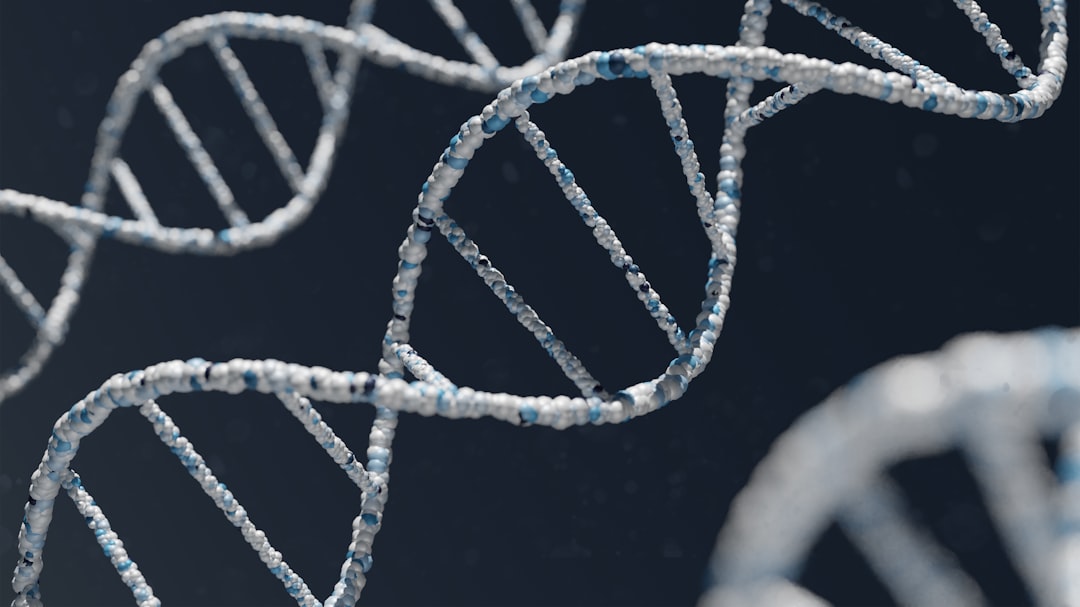What is it about?
Gender identification is more nuanced and diverse than a binary male/female dichotomy. Most individuals incorporate a blend of stereotypically masculine (agentic) and feminine (expressive) personality traits. These can be surprisingly accurate at prediction a range of mental health and life outcomes.
Featured Image

Photo by Dainis Graveris on Unsplash
Why is it important?
When we conduct psychological research, we typically look for the presence of group differences (young/old, male/female). But a body of new research suggests that psychological gender identification is a better predictor of life outcomes, wellbeing, and cognitive abilities than biological sex. Researchers should consider taking measurement of sex-typed personality traits when planning the design of clinical studies.
Perspectives
Most people assume that gender dysphoria (previously termed gender identity disorder) is an extremely rare and pathological condition. But there's surprising variety in the degree to which most people incorporate aspects of masculinity and femininity into their self-image. Men can be caring and expressive, and women assertive and agentic, without specifically identifying with the opposite gender.
David Reilly
Griffith University
Read the Original
This page is a summary of: Gender can be a continuous variable, not just a categorical one: Comment on Hyde, Bigler, Joel, Tate, and van Anders (2019)., American Psychologist, October 2019, American Psychological Association (APA),
DOI: 10.1037/amp0000505.
You can read the full text:
Contributors
The following have contributed to this page










